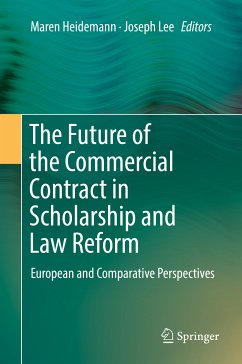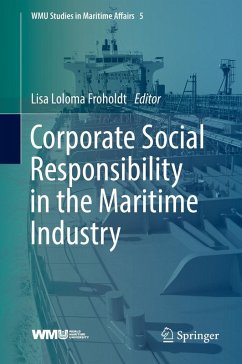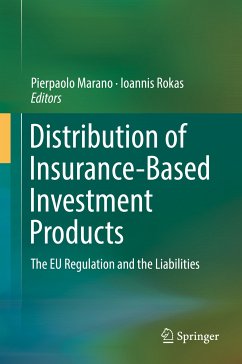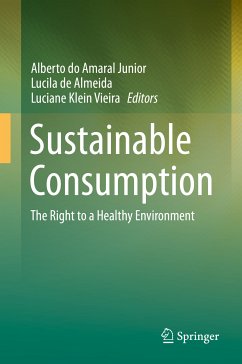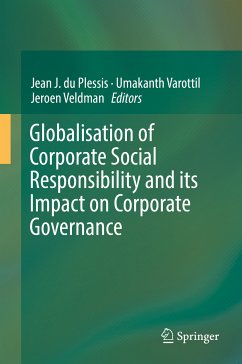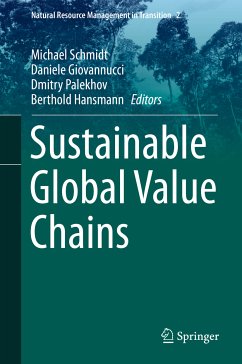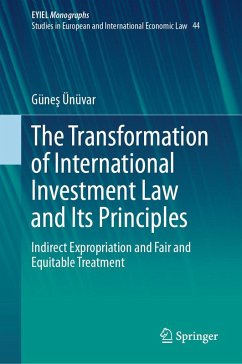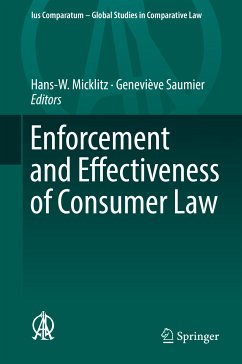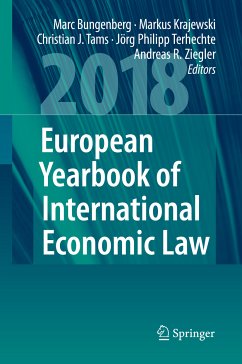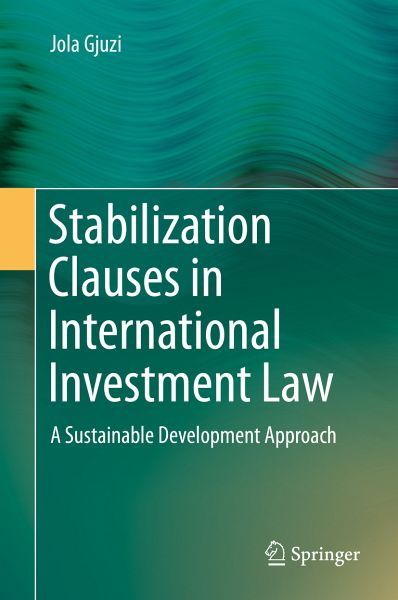
Stabilization Clauses in International Investment Law (eBook, PDF)
A Sustainable Development Approach
Versandkostenfrei!
Sofort per Download lieferbar
128,95 €
inkl. MwSt.
Weitere Ausgaben:

PAYBACK Punkte
64 °P sammeln!
Explores in detail the currently debated tension between the regulatory stability and regulatory flexibility of host states on the one hand, and to sustainable development on the otherProvides a meticulous review and analysis of stabilization clauses and sustainable developmentFills a gap in the current literature on the implications of stabilization clauses on sustainable developmentProposes a highly tenable conceptual and normative solution for reconciling the negative effects of such clauses on the host state's power to regulate for sustainable development
Explores in detail the currently debated tension between the regulatory stability and regulatory flexibility of host states on the one hand, and to sustainable development on the other
Provides a meticulous review and analysis of stabilization clauses and sustainable development
Fills a gap in the current literature on the implications of stabilization clauses on sustainable development
Proposes a highly tenable conceptual and normative solution for reconciling the negative effects of such clauses on the host state's power to regulate for sustainable development
Provides a meticulous review and analysis of stabilization clauses and sustainable development
Fills a gap in the current literature on the implications of stabilization clauses on sustainable development
Proposes a highly tenable conceptual and normative solution for reconciling the negative effects of such clauses on the host state's power to regulate for sustainable development
Dieser Download kann aus rechtlichen Gründen nur mit Rechnungsadresse in A, B, BG, CY, CZ, D, DK, EW, E, FIN, F, GR, HR, H, IRL, I, LT, L, LR, M, NL, PL, P, R, S, SLO, SK ausgeliefert werden.



